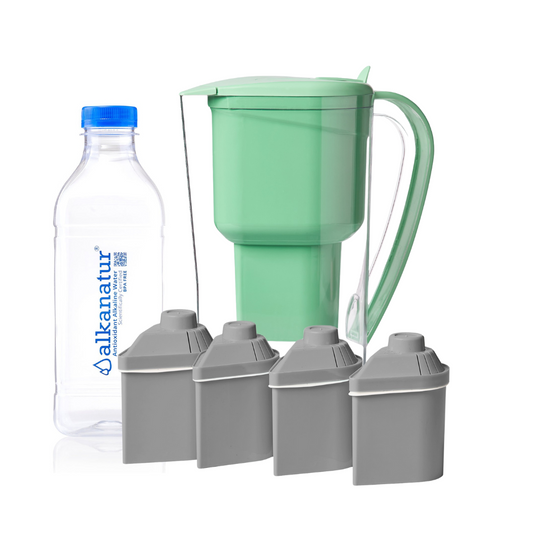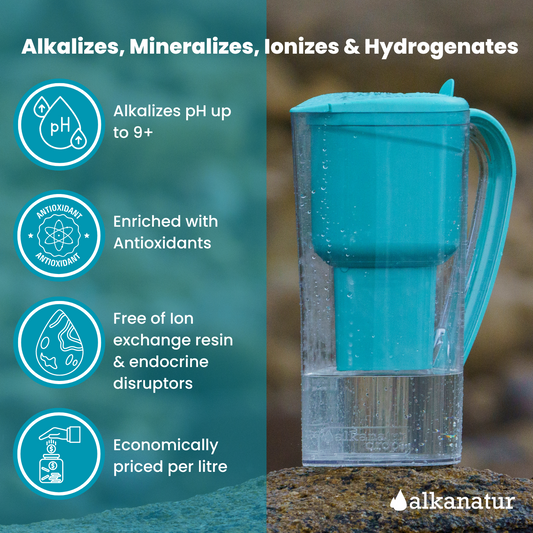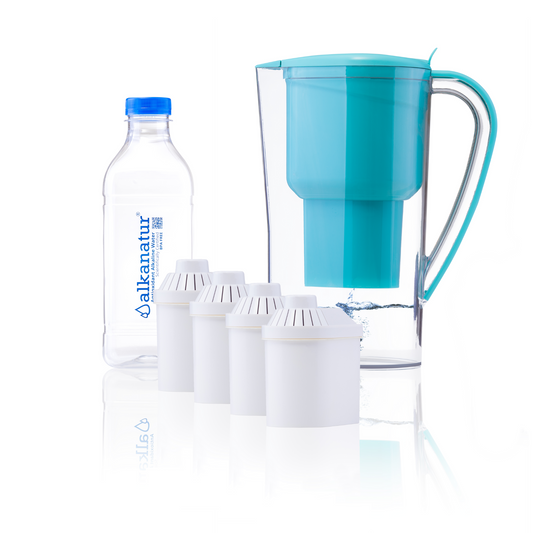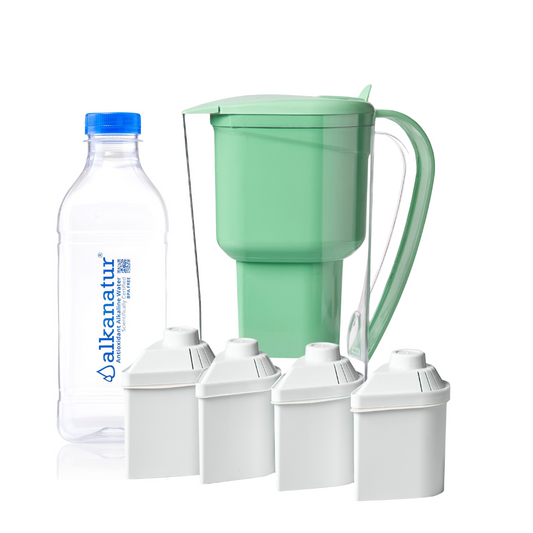It is important to learn what is the effect of excess sodium in our bodies. Sodium is an essential mineral for life. The source of sodium is sodium chloride or common salt.
Sodium is essential to control the balance of your body’s fluids. It also helps to send nerve impulses through your nerves and affects muscle function allowing muscles to respond appropriately to nerve impulses.
Effect of sodium increase on blood pressure
Excess salt (sodium chloride) causes your body to retain water.
If you eat too much salt, the level of sodium in the blood increases and to compensate for that increase in sodium water is retained, which increases the volume of blood in the blood vessels and increases blood pressure.
Because there is more blood flowing through the blood vessels, the blood pressure increases.
Therefore, the more salt you eat, the higher the blood pressure.
High blood pressure can damage the walls of blood vessels and accelerate the buildup of atheromatous plaque that can block blood flow.
High blood pressure also puts extra pressure on the heart forcing it to work harder to pump blood through the body.
In this way, high blood pressure is one of the main risk factors for heart disease.
There is evidence that too much salt can damage the heart, aorta and kidneys without increasing blood pressure, and that it can also be harmful to the bones.
In addition to contributing to high blood pressure, consuming large amounts of salt can also lead to stroke, heart disease, and heart failure.
The research also shows that sodium reduction reduces cardiovascular diseases and long-term mortality rates.
Excess sodium and stomach cancer
Excessive consumption of sodium in the presence of other disorders or diet factors may increase the risk of stomach cancer, kidney stones and osteoporosis.
High salt intake for a long time can damage the lining of the stomach, making it more susceptible to infection by Helicobacter pylori, a bacterium that can cause inflammation and lead to the development of stomach cancer.
Excess sodium and kidney stones
To regulate the excess of sodium in the body, our body also increases the amount of calcium that is excreted in the urine and thus contributes to the development of kidney stones.
Excess sodium and osteoporosis
This effect is also related to osteoporosis, since your body can release calcium from your bones to compensate for the loss of that mineral in your urine causing osteoporosis.
What are the common sources of sodium?
About 77% of the sodium we consume comes from the salt that is added to packaged and pre-cooked foods and from restaurant-prepared foods. Other sources of sodium are monosodium glutamate which is used as a flavor enhancer and sodium nitrite which is used to preserve meats (sausages).
Some foods rich in sodium are the following:
-Ham and sausages
–Soy sauce, English sauce and other similar
-Flavor enhancing cubes (chicken consommé and the like).
-Packaged foods in general.
-Frozen precooked foods.
-The rest of the sodium in our diets is found naturally in the food (about 12 percent) or is added in the form of table salt when the food is cooked.









